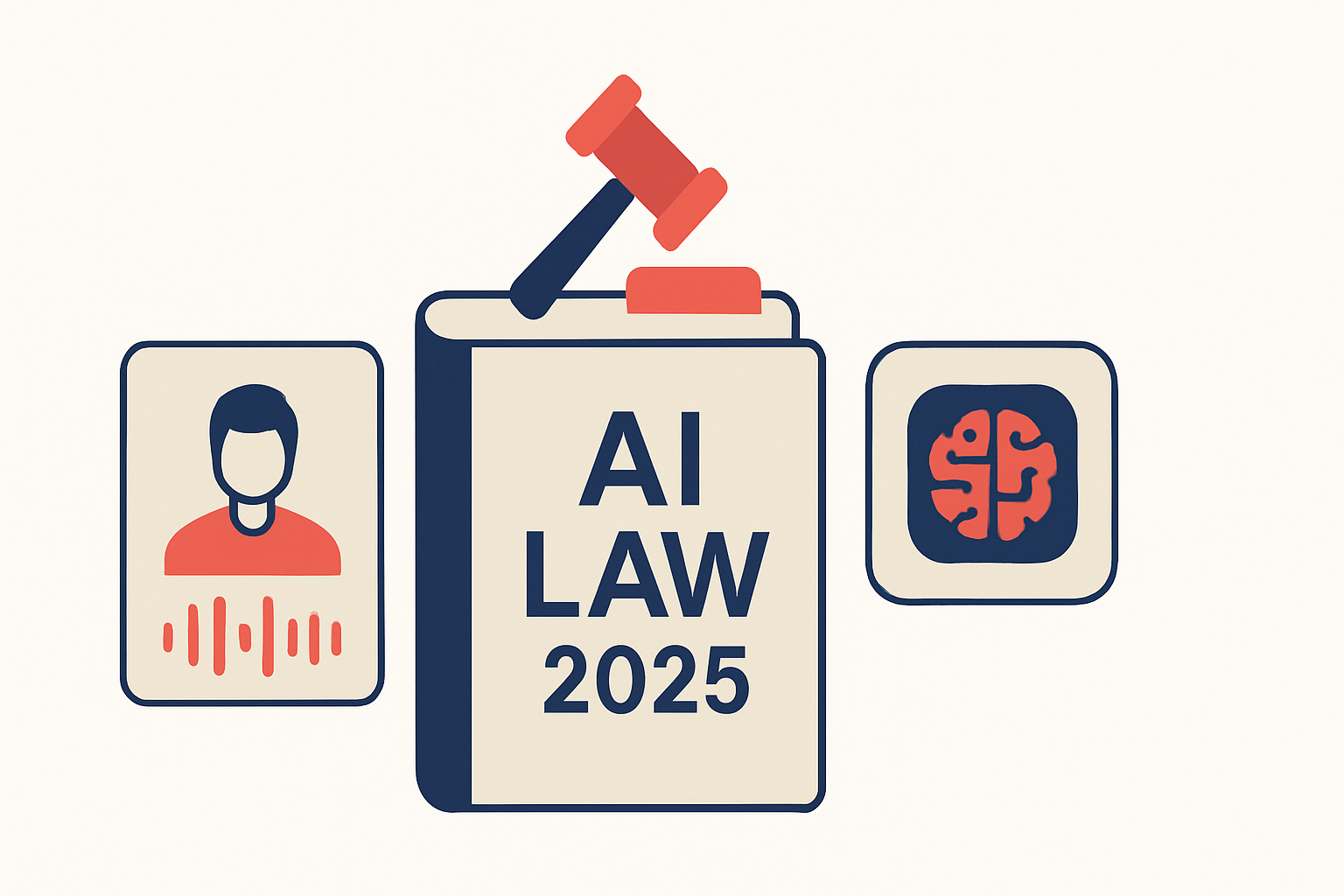The Rise of AI Regulation and What It Means for Creators

How will AI regulation affect me in 2025? This is the question at the top of many creators’ minds as governments move quickly to establish new rules around artificial intelligence. With the rise of machine learning in content creation, distribution, and monetization, lawmakers are stepping in to manage risks while protecting rights holders. For digital creators, these changes can feel overwhelming. That’s where tools like Audiorista come in—making it easier to adapt, stay compliant, and publish smarter in a fast-changing environment.
This article takes a closer look at what AI regulation means, how upcoming laws will affect creators, the copyright challenges you need to know, and how to prepare your publishing strategy today.
Understanding AI regulation
AI regulation refers to legal frameworks that govern the use, development, and impact of artificial intelligence technologies. Unlike earlier stages of digital law, which focused mainly on privacy and data protection, the new wave of regulations addresses how AI systems are trained, operated, and monitored. Governments are prioritizing these laws for 2025 because AI is no longer a niche technology—it influences creative industries, journalism, marketing, and media at every level.
The importance of regulation lies in balancing innovation with accountability. For creators, this means ensuring their work isn’t unfairly used by AI systems without licensing, attribution, or compensation. For industries, it means preparing for evolving rules on transparency and data handling. In short, AI regulation matters because it defines who controls digital content in the years ahead.
The impact of AI regulation on creators
Creators of all sizes—whether independent artists, media businesses, or established publishers—will feel the effects of AI regulation directly. These laws will touch every aspect of the content lifecycle, from ownership to monetization.
Monetization is one of the most pressing concerns. AI regulation may restrict how unlicensed content is used to train models, which directly benefits creators seeking fair returns. Content distribution will also change, as platforms that use AI to recommend or automate publishing may need to provide greater transparency. Ownership rights will evolve as lawmakers define clearer rules around what counts as human work versus machine-generated output. The bottom line: anyone producing or licensing digital content will need strategies that align with these new legal frameworks.
Copyright considerations
Copyright sits at the core of the AI regulation debate. One of the major challenges is understanding how intellectual property applies to machine-generated work. In most jurisdictions, copyright law protects human-made works, not content created autonomously by AI systems. This creates a legal gray area: if AI generates text, images, or audio based on existing works, who owns the rights?
For creators, that uncertainty represents a real risk. Unlicensed use of copyrighted material in AI training data could dilute protection for original authors. Similarly, defining when AI-assisted work becomes eligible for copyright is still unresolved. That’s why it’s critical to use platforms that respect licensing boundaries and emphasize content protection.
Audiorista provides creators with a controlled space to host and distribute licensed content, ensuring it’s safeguarded under existing copyright frameworks. Audiorista’s platform supports robust content protection through features like secure hosting, customizable access controls, and detailed analytics, helping creators maintain control over their intellectual property. By publishing within a secure, transparent environment, creators can reduce exposure to disputes while gaining stronger control over distribution rights.
How governments are responding
Policymakers across the globe are moving quickly to bring AI under formal regulation. Several key themes are emerging across different jurisdictions: stricter licensing requirements for training data, transparency obligations when AI is used in creative workflows, and tighter rules on the way personal or copyrighted data can be leveraged. These changes mark a shift from voluntary ethical guidelines toward enforceable compliance measures.
Governments are also exploring frameworks that require creators and platforms to disclose when content is AI-assisted, creating greater accountability for audiences and rights holders. For publishers and digital media organizations, that will mean reassessing workflows, adjusting metadata, and selecting platforms designed to keep pace with changing regulations. Instead of locking into rigid tools that may fall out of compliance, creators are increasingly looking to adaptive, compliant solutions such as a Builder.ai alternative to ensure flexibility and future readiness.
Preparing for AI regulation
With these shifts ahead, creators can’t afford to wait until laws are already in effect. Preparing your content strategy today is the best way to stay protected tomorrow. A strong first step is to choose platforms that prioritize creator rights, data transparency, and licensing integrity. Building on tools designed around compliance ensures that content strategies won’t need complete restructuring once regulations take hold.
Future-proofing also means adopting digital publishing solutions that adapt quickly as new workflows emerge. Exploring resources such as the best no-code app builders in 2025 can help creators identify solutions that align with the changing regulatory landscape. For instance, no-code platforms allow teams to experiment, launch, and adjust apps and content channels more easily without being locked into complex systems that may not meet compliance requirements.
Audiorista is built with these needs in mind. By simplifying publishing for creators and businesses while keeping content secure, licensed, and protected, Audiorista helps ensure publishing strategies remain sharp and adaptable. Features such as customizable paywalls, integrated monetization options, and GDPR-compliant data handling allow creators to stay compliant and agile as regulations evolve. This forward-looking approach makes it easier to keep pace with new regulatory frameworks while maintaining creative momentum.
Discover how Audiorista can help you publish smarter, protect your content, and stay ahead of evolving AI regulations—start building your future-ready platform today.


